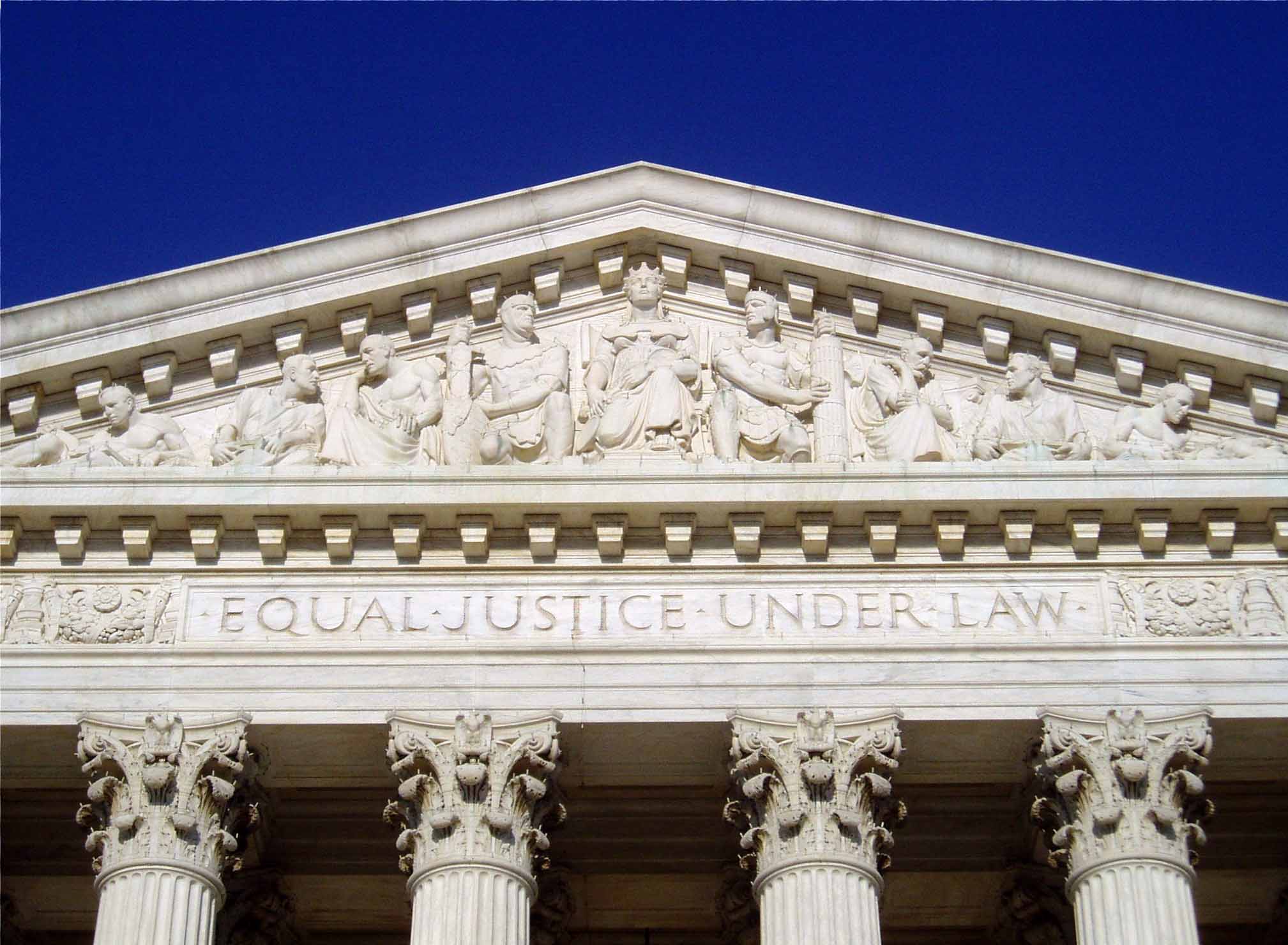Views expressed in opinion columns are the author’s own.
As the United States Senate debates the confirmation of Judge Brett Kavanaugh to fill Justice Anthony Kennedy’s seat on the Supreme Court, we have the opportunity to debate about the merits and drawbacks of the procedures of our government.
Perhaps Justices shouldn’t be appointed for life, or maybe our method of appointing Justices as a whole is flawed. Or maybe, as an op-ed recently posted in the Diamondback asserts, “we should abolish the Supreme Court.”
This op-ed categorically ignores the majority of work done by the Supreme Court and the disastrous results of such an ill-conceived idea, while misunderstanding the purpose of the small amount of responsibilities that the author chooses to mention. The Supreme Court, while it may have flaws, should absolutely not be abolished.
Allow me to first begin by explaining a few fundamentals about our highest court, as established in Article III of the Constitution. Without the Supreme Court, we lose a crucial third of our federal system of checks and balances. Without the Supreme Court, there is no one to hear appeals from each of the 13 Circuit Courts. Without the Supreme Court, suits between states can not be heard. The United States is a common law country: The majority of our law is unwritten, based on the results of court cases, rather than from civil law passed by our legislature. When there is a debate about conflicting common law between states that affect issues on a national level, it is essential that we have a body prepared to hear the arguments and deliver a verdict. Without the Supreme Court, we lose the ability to operate an effective government.
Now, to address some of the vagueries presented in the aforementioned op-ed. The author believes that the Supreme Court simply decides what should and shouldn’t be law, apparently as part of some grand plan by these “lawyer-king imbeciles,” as he describes them. At best, this is some sort of perversion of legal positivism (law is based in legislators’ beliefs, regardless of ethical justification) and at worst it is a cynical and inaccurate understanding of legal theory. The biggest point the author offers is about the Supreme Court’s supposed inconsistency, as if overturning a 74-year-old ruling about Japanese internment camps represents being indecisive.
What he misses is that the Court does not dictate law for the nation for everyone to follow. Rather, the truth is closer to legal realism, wherein laws and rulings from the Supreme Court come from social and public interests. The Court overturned its previous rulings because the country changed perspective over a long period of time, not because the Court couldn’t decide what it wanted the law to be.
The author of the piece also misunderstands the idea of judicial review. The Supreme Court uses judicial review to determine the constitutionality of legislative and executive action, not to “overturn particularly unpopular laws.” Consider, for example, United States v. Lopez, through which the Supreme Court declared the Gun-Free School Zones Act of 1990 to be unconstitutional. None of the justices in the majority opinion believed that guns should be in schools; they correctly defined the extent of the federal government according to the Constitution, and where the states’ responsibilities began.
There is always room for improvement with our process. And it’s fine to be unhappy with rulings the Supreme Court has made, or the appointment of certain justices. But suggesting to get rid of one of our three branches of government on the national level is irrational and lacks basis in a cogent argument.
Rick Mikulis is a a senior management and government and politics major. He can be reached at rickmikulis@gmail.com.



